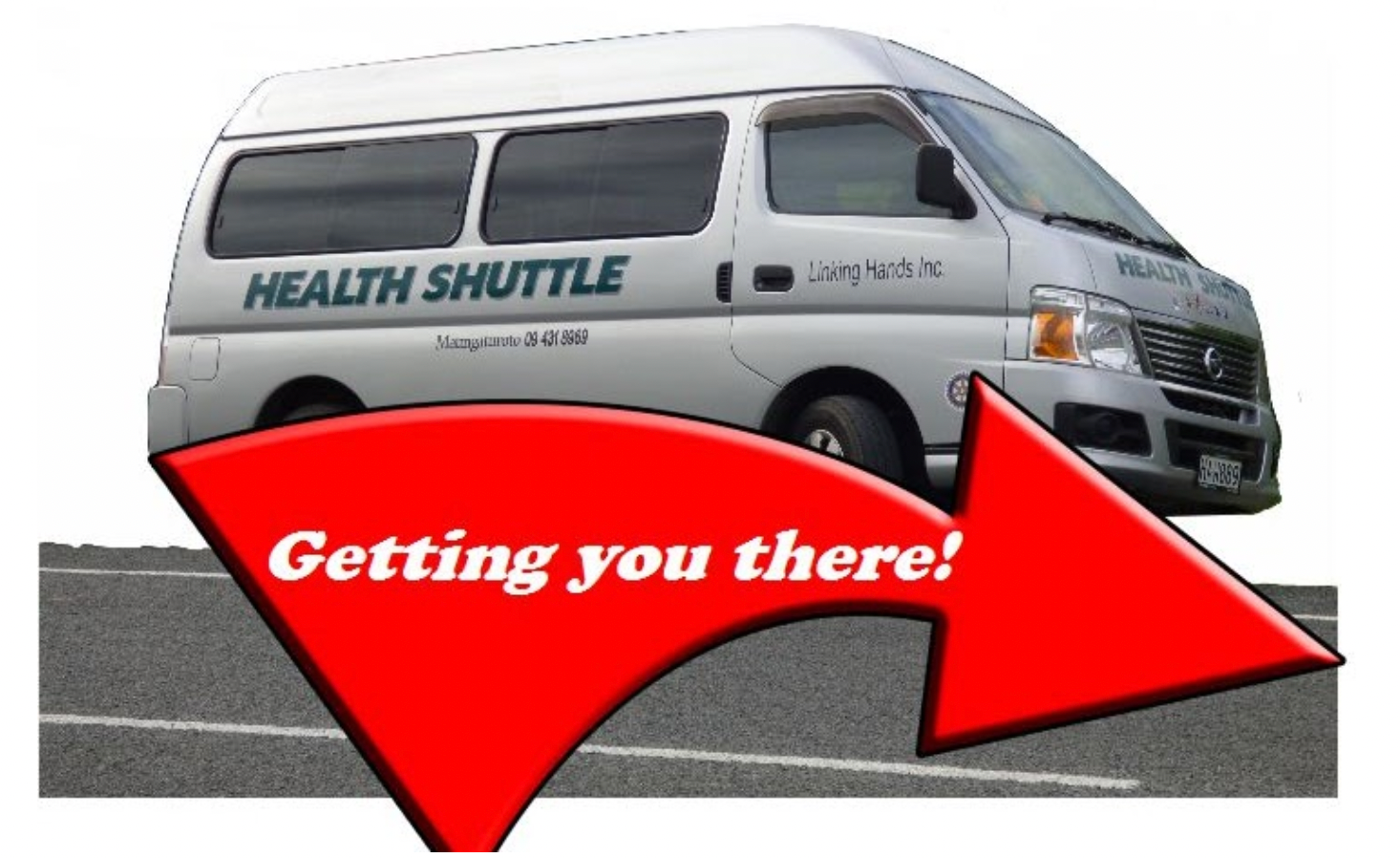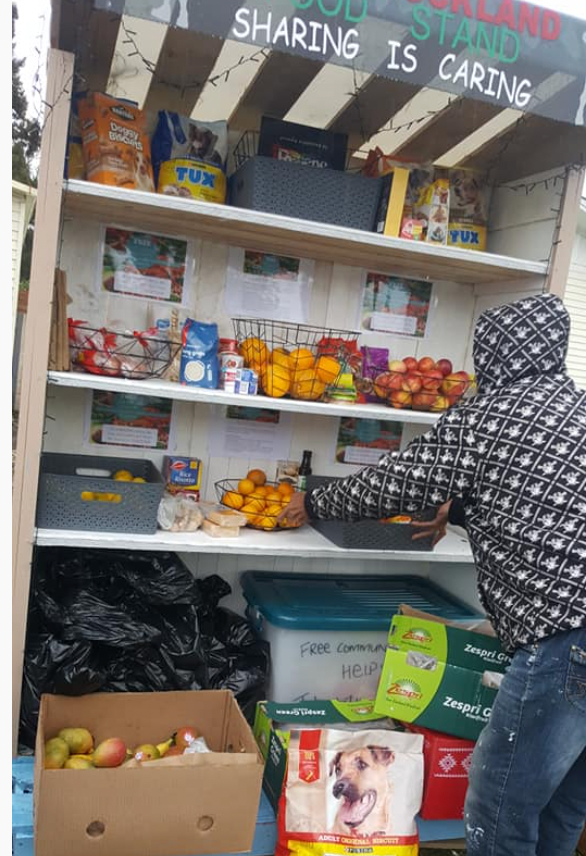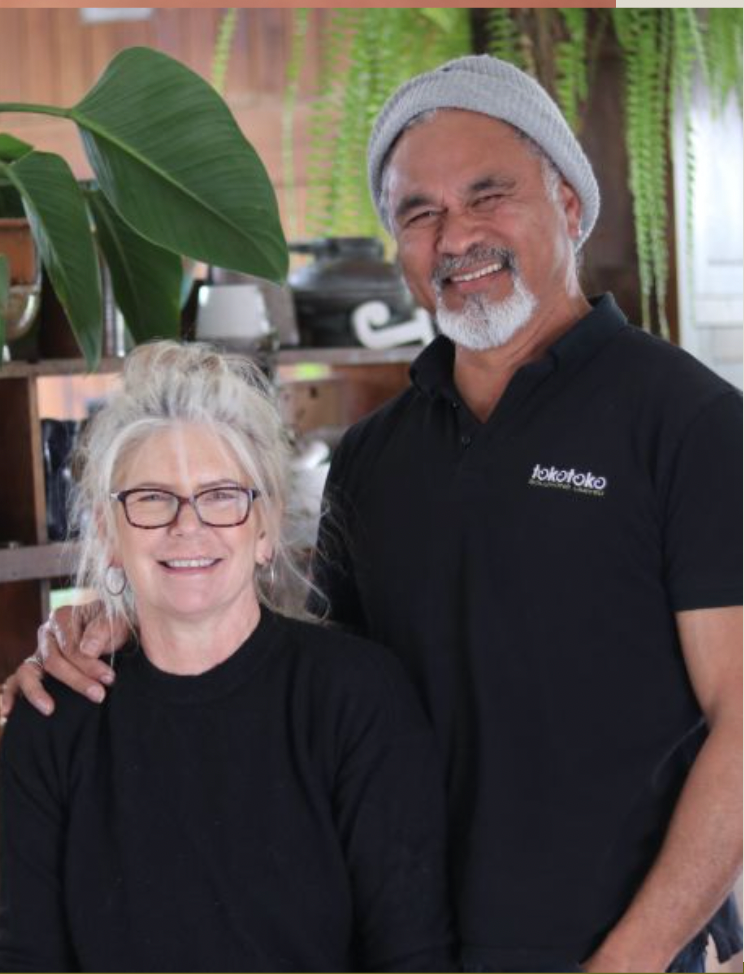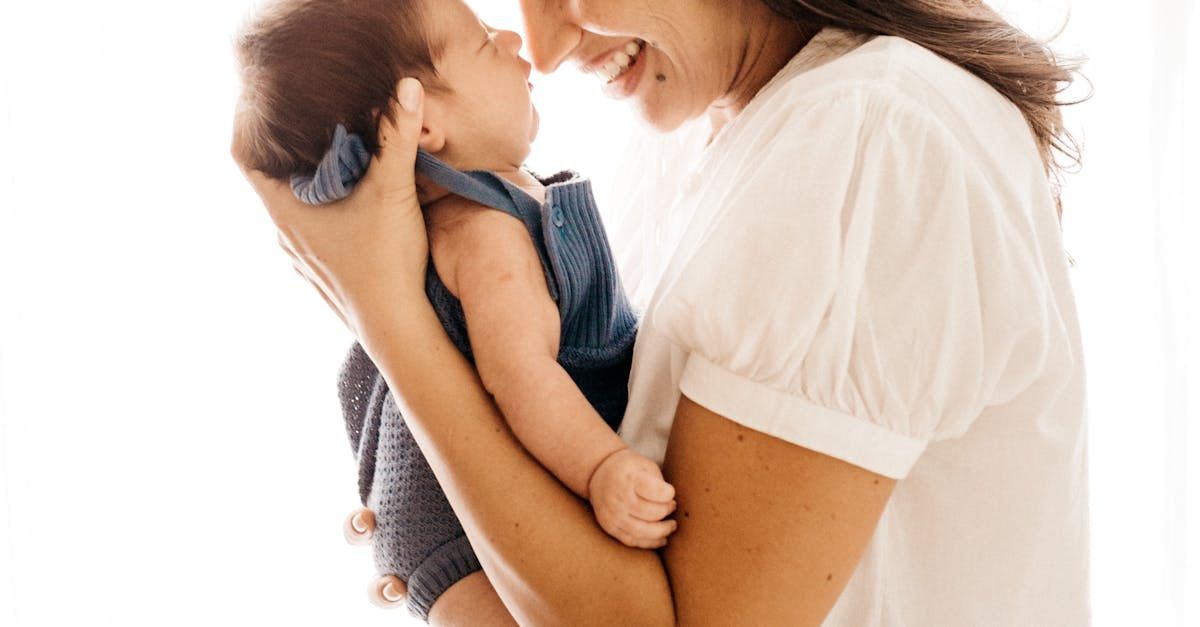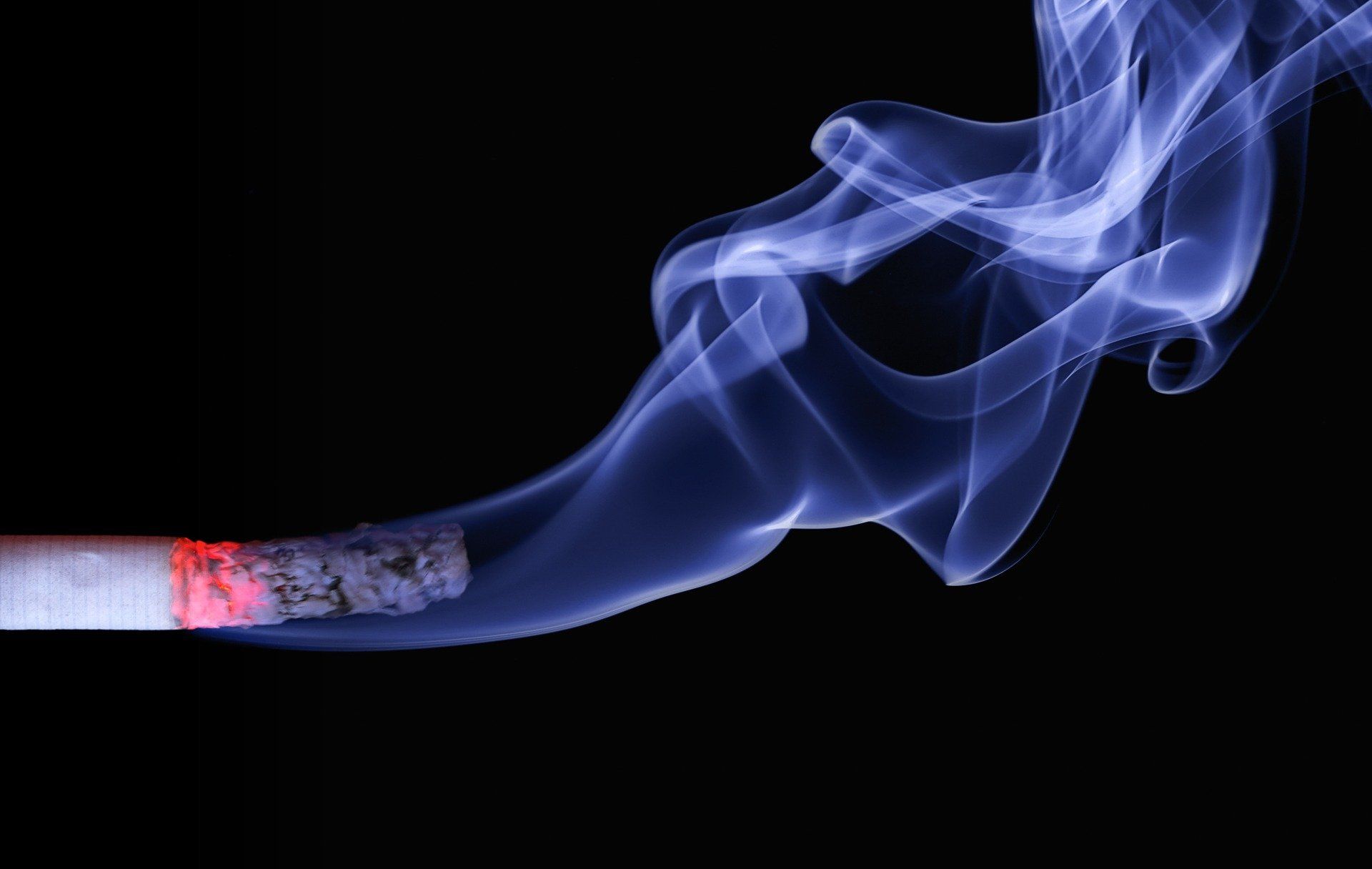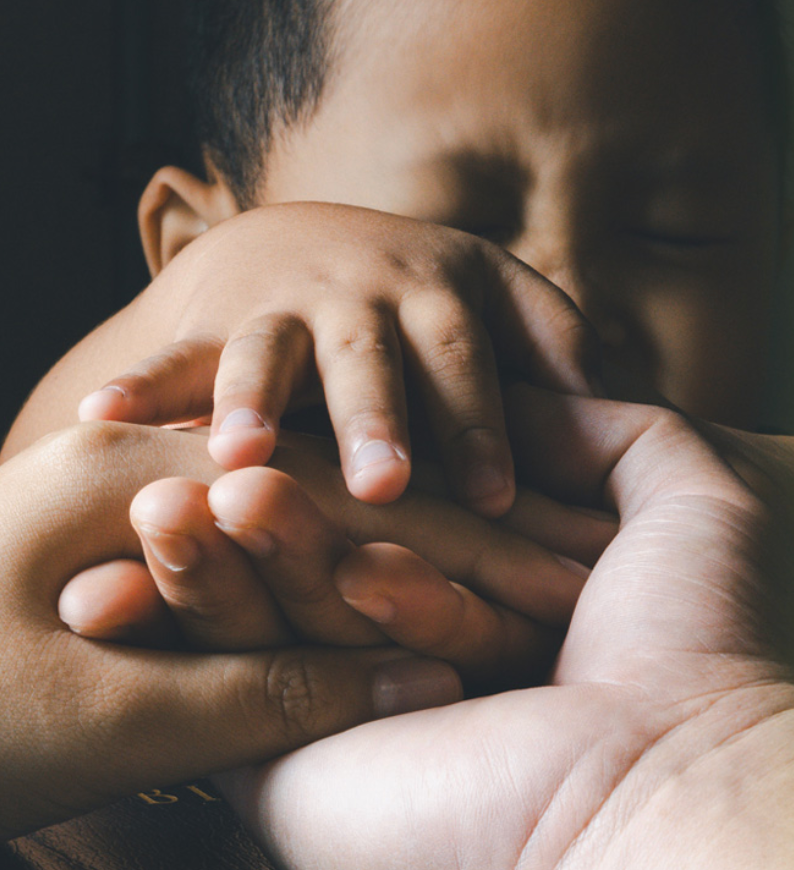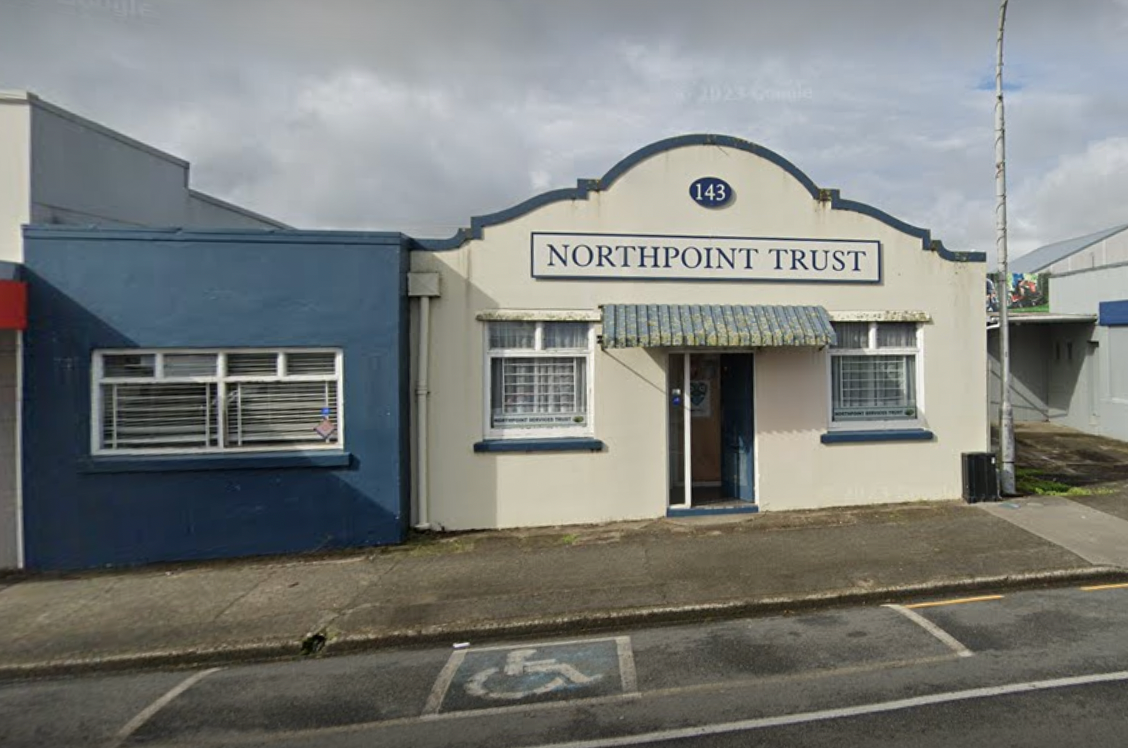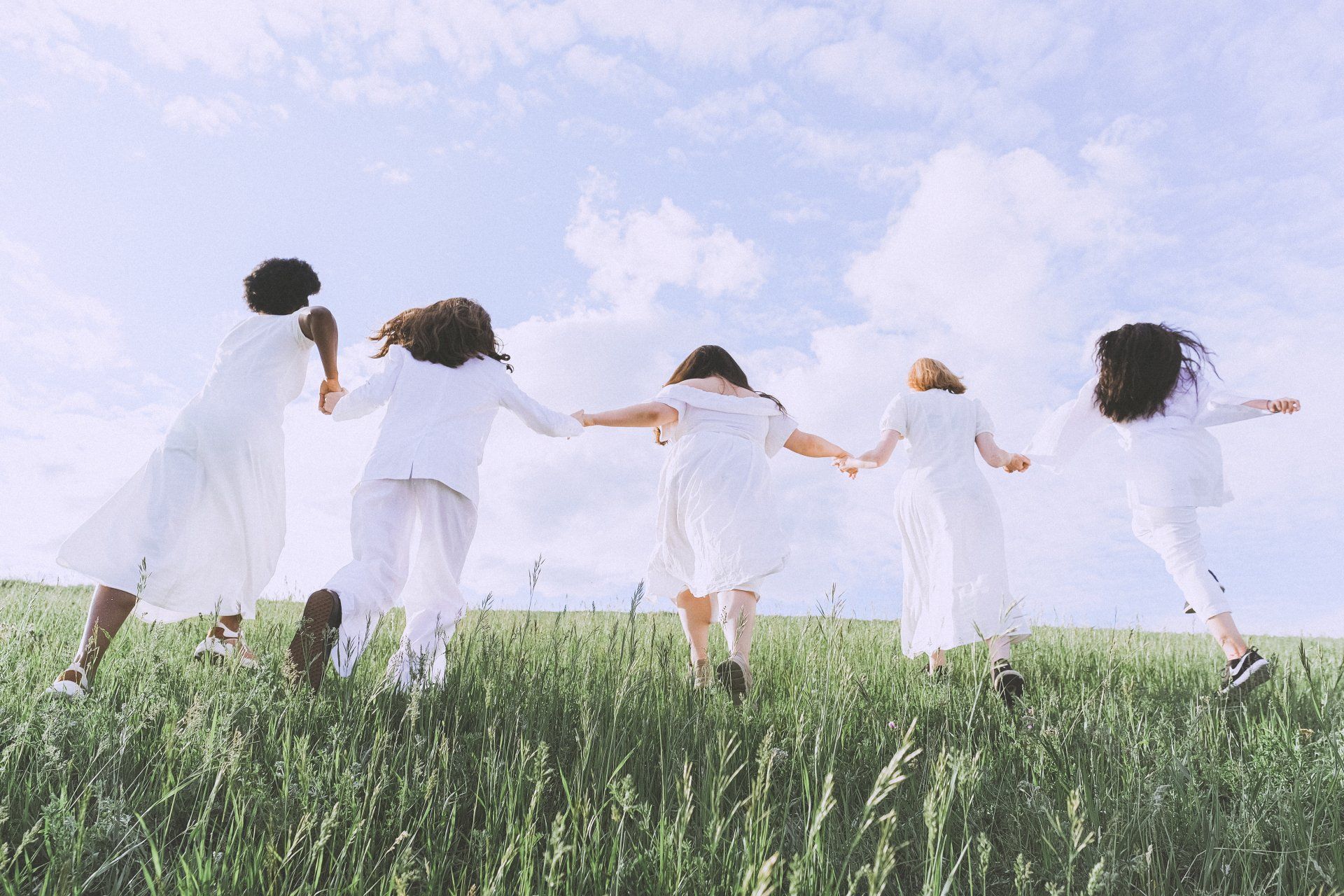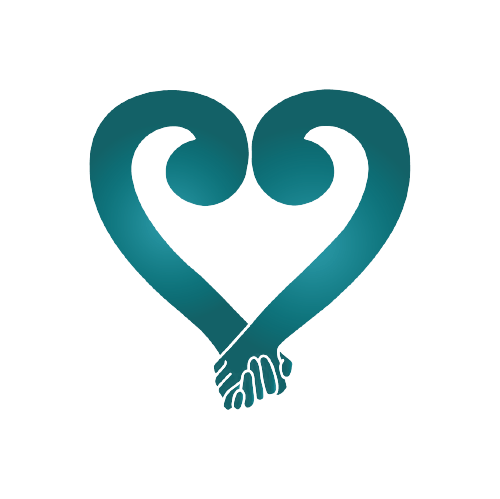Planting Seeds Of Hope
Visit https://www.northlandwellbeing.org.nz/ for an up to date directory of health and wellbeing services.
Whaiora - Issue 2
Planting Seeds Of Hope – Te Hononga Hou, NHHT Alcohol and Drug Addiction Services Mid North
How long has the service been operating?
Te Hononga Hou has been running for more than 20 years. It was one of the very first Kaupapa Māori Alcohol and Drug Addiction (AoD) programmes in Te Tai Tokerau.
What are the benefits you see from a kaupapa Māori approach?
Kaupapa Māori is founded upon concepts of Tino Rangatiratanga (political control by Māori over Māori affairs) and the principalities of Te Tīriti o Waitangi. As a Māori AoD service provider we create culturally safe spaces to faciliate pathways towards health and wellbeing.
A Kaupapa Māori approach supports people to access and utilise recognised Māori values, ideologies, and philosophies that are complementary to clinical approaches. We believe that this self-determining pathway provides for man-enhancing outcomes for whānau. This is turn supports the the goal of achieving transformative change, and a greater positive impact intergenerationally.
Residential care opportunities are limited. What are the challenges you face in continuing to offer residential care?
There are limited residential spaces, regionally and nationally. We have what is referred to as a modified therapeutic community model underpinned by Kaupapa Māori principles. What we know is that a number of whaiora find it difficult to adhere to structure after the chaos of addiction. Some whaiora are simply not ready to make changes and are in a contemplative stage as opposed to an action stage and therefore do not see the need for change. There is also a matter of fit. It simply does not suit everyone.
Working in a 24/7 residential setting can be a very rewarding mahi for many, however for some the dynamics of being in this type of setting can be very stressful. Those kaimahi who are able to model the guiding principles of tika, pono, and aroha are the kaimahi who tend to make the greatest impact. They are also unsurprisingly the ones who find their roles the most rewarding.
Why is kaupapa Māori-based residential care so important for the people and whānau you work with?
It is important because it provides space for whānau in distress to access a service that they feel will help them confidently navigate their aspirational pathway towards healing in terms of hauora – health, toiora – enhanced wellbeing, and oranga tonutanga – long-term, transformative change, which starts for most (tangata whaiora) from within the sanctuary of the whare, which is set apart for the purpose of healing and learning.
What results have you seen in your work?
First and foremost, it is important to note that many whānau who access our service have been accustomed to living life under distress from mental health and addiction for a very long time. Therefore, (me tika, me pono te kōrero i kōnei) although we have seen whānau have many experiences of success on many levels, sometimes relapse can seemingly undermine the progress made by whānau, even when it comes to the success stories.
In saying that, from our personal observations, given the right supports and the right timing, whaiora will embrace the opportunity to pursue whānau ora.
The whare is a place to take time out from a chaotic life, where whaiora can focus on what whānau ora truly means and become more connected to their purpose and potential.
Throughout the 16 week programme, many seeds of hope are planted. Once hope starts to grow they can learn many different strategies through their navigation to maintain their wellbeing.
The ultimate outcome for whānau is feeling a real sense of mana whakahaere (autonomy) for themselves, as well as a real sense of self determination (mana motuhake).
Mana motuhake in this context is experienced by whaiora when complete liberation from the oppressive power of addiction and mental health is achieved. This is the light at the end of the tunnel for them. Armed with hope, whaiora have a chance to do exactly that!
We have had many success stories of people who are realising their true potential and becoming more connected to what matters most, such as whānau. What is always heartening is when someone with lived experience who has found recovery wants to give back to help others. The work of the peer recovery groups such as He Waka Eke Noa with Te Ha Oranga and Waipuna Ora in Moerewa are inspiring examples of this.
Next Steps
Can people self-refer to Te Hononga Hou?
Yes! We have a drop-in centre located at 7 Wynyard Street, Kawakawa called He Waka Toki. People are able to drop by anytime during usual business hours or they can call us on our direct phone number (09) 404 0375 and ask to speak with our Community Services Coordinator, R’phael Jerard who oversees all of our referrals right across the board for Te Hononga Hou. Our kaupapa at He Waka Toki is aimed to re-shape, re-align and restore healthy living and wellbeing to those whose lives have been affected by alcohol, methamphetamine, and/or other drugs.
Next Steps
Can people self-refer to Te Hononga Hou?
Yes! We have a drop-in centre located at 7 Wynyard Street, Kawakawa called He Waka Toki. People are able to drop by anytime during usual business hours or they can call us on our direct phone number (09) 404 0375 and ask to speak with our Community Services Coordinator, R’phael Jerard who oversees all of our referrals right across the board for Te Hononga Hou. Our kaupapa at He Waka Toki is aimed to re-shape, re-align and restore healthy living and wellbeing to those whose lives have been affected by alcohol, methamphetamine, and/or other drugs.
Get in touch with Te Hononga Hou
Phone: (09) 404 0375
Your questions
Do you have a question or comment about this service or problem gambling?
Please share below:

